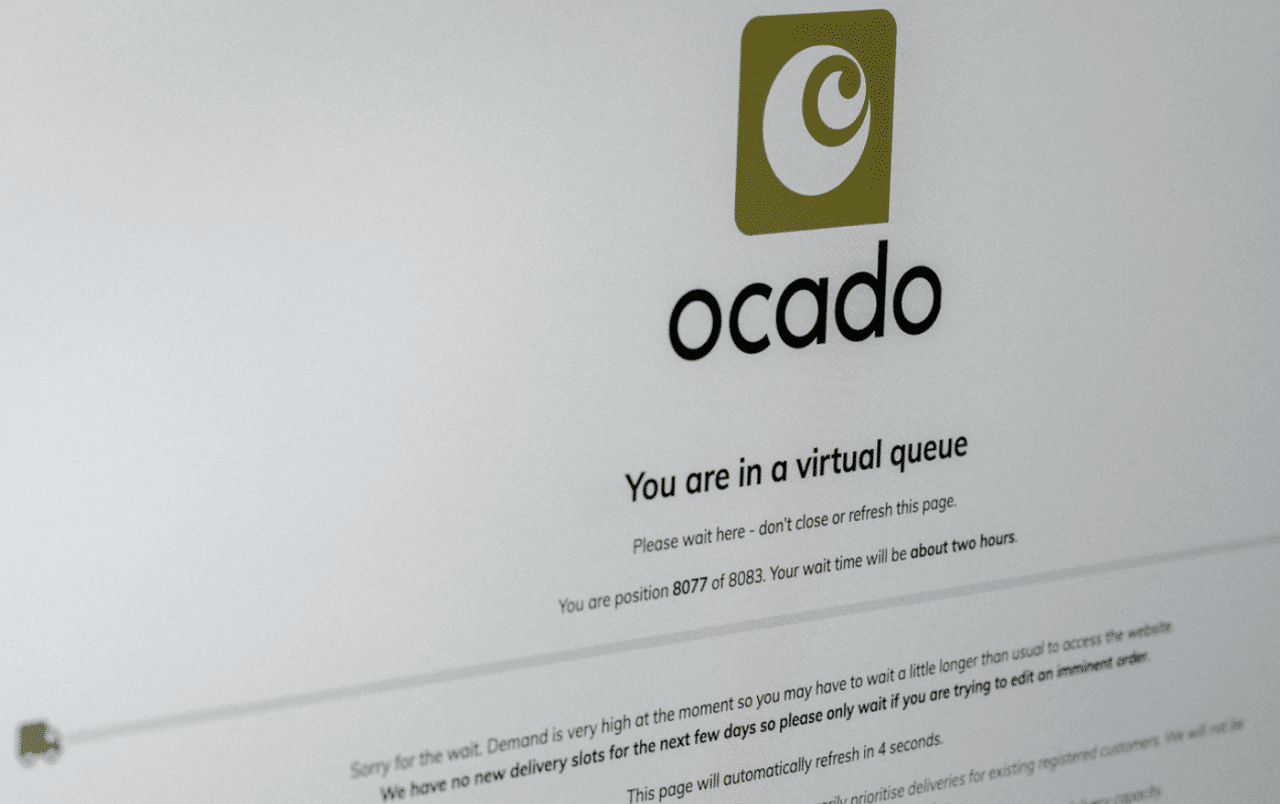A new report from Mintel charts a stark change in grocery shopper behaviour, brought on by the COVID-19 crisis.
From research conducted between 28 February and 23 April, Mintel forecasts that Brits will spend £16.8 billion on online grocery shopping during 2020; that’s up 33% from £12.7 billion in 2019.
This ‘phenomenal rise’ has resulted from a noticeable change in consumer habits which Mintel expects could ‘prove lasting’ beyond the crisis itself. During the pandemic so far, it says 36% of Brits have increased the amount of online shopping they do, while 50% try to ‘limit the time they spend in-store’. Since social distancing measures were first introduced, Mintel reports an increase of 9% in ‘click and collect’ customers.
Nick Carroll, associate director of retail research at Mintel, comments on the figures: “Over the course of just a few months, COVID-19 has had a seismic impact on Britain’s grocery sector. The pandemic is giving a significant short-term boost to online grocery services, as shoppers look to avoid stores and limit their contact with the outside world. However, the impact will last beyond the crisis. Shopper numbers in the online grocery market have plateaued in recent years as retailers struggled to get new customers to try these services.”
The pandemic is giving a significant short-term boost to online grocery services, as shoppers look to avoid stores and limit their contact with the outside world. However, the impact will last beyond the crisis
“The outbreak is bringing a new audience to online grocery, and this should boost the market long term with strong growth forecast through to 2024. While there is currently a significant disruption to the online grocery market, with some retailers not accepting new customers, this will ease in the short-term as more capacity is brought online.”
Under current guidelines those over 70 are being asked by Government to stay at home, making these shoppers ‘more heavily reliant on having groceries and other goods delivered’. “Older generations that had previously shied away from online grocery have, effectively, been forced to change their habits in the face of social distancing measures. While there has been a rise in online grocery shopping among the over 65s, the reality is a significant number of consumers in the older age groups have no experience shopping online for groceries and/or are not digitally native.
“There is a real need to ensure access to online grocery deliveries for older consumers. We’re seeing some retailers already thinking of easier ways to order goods, including phone orders for next-day delivery,” Carroll adds.











